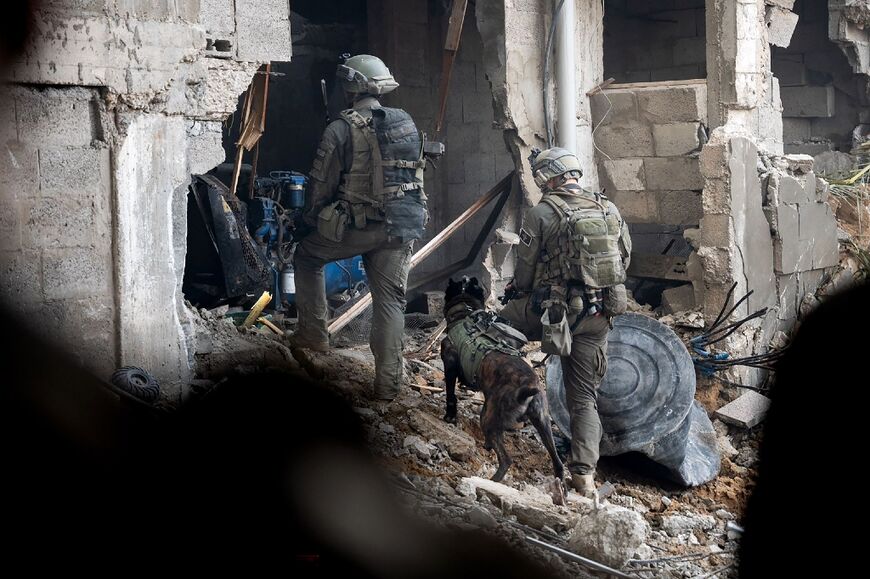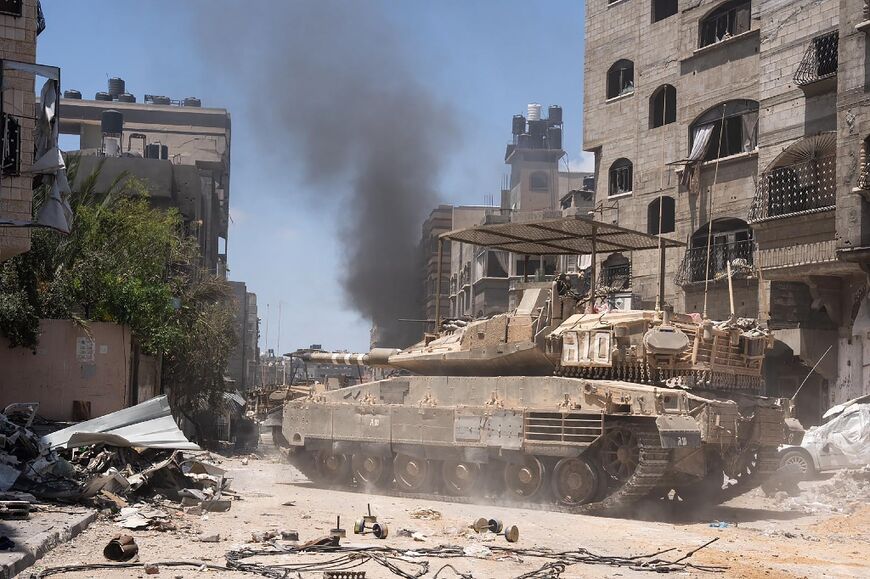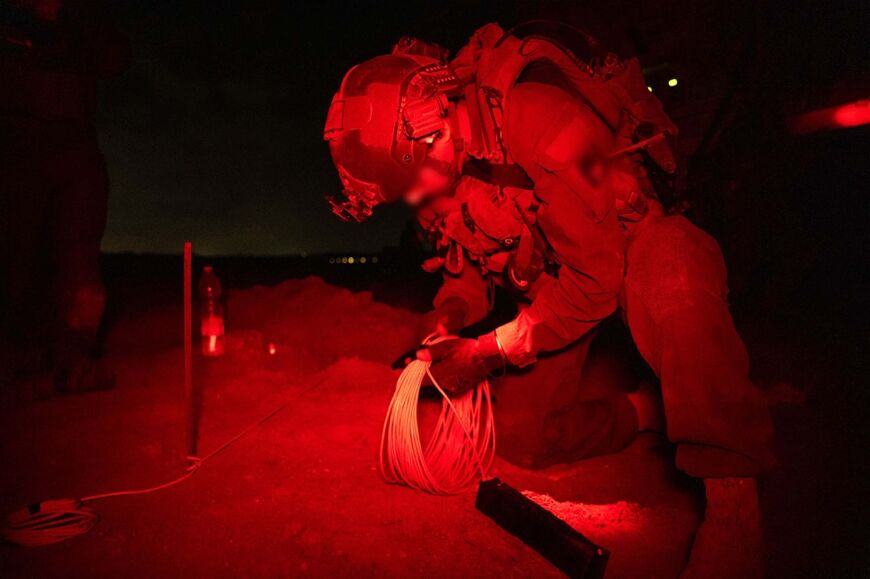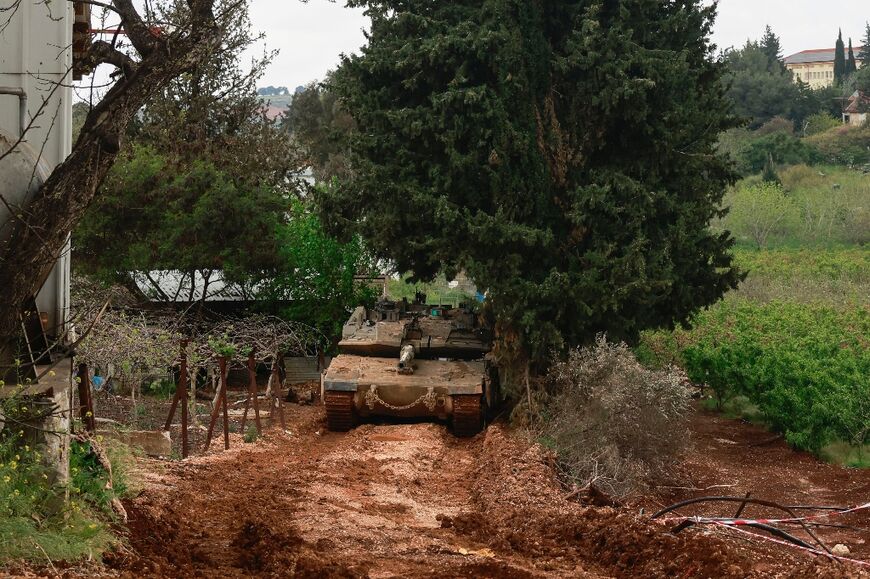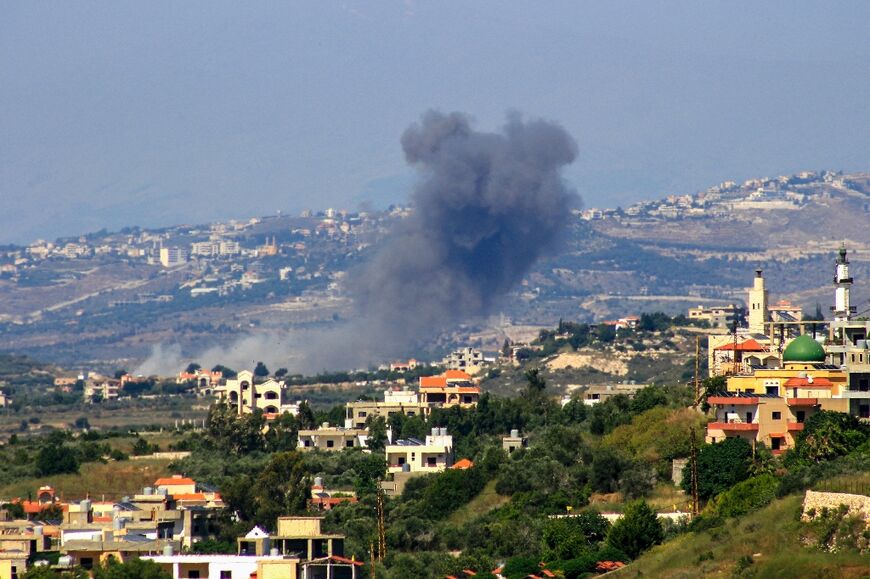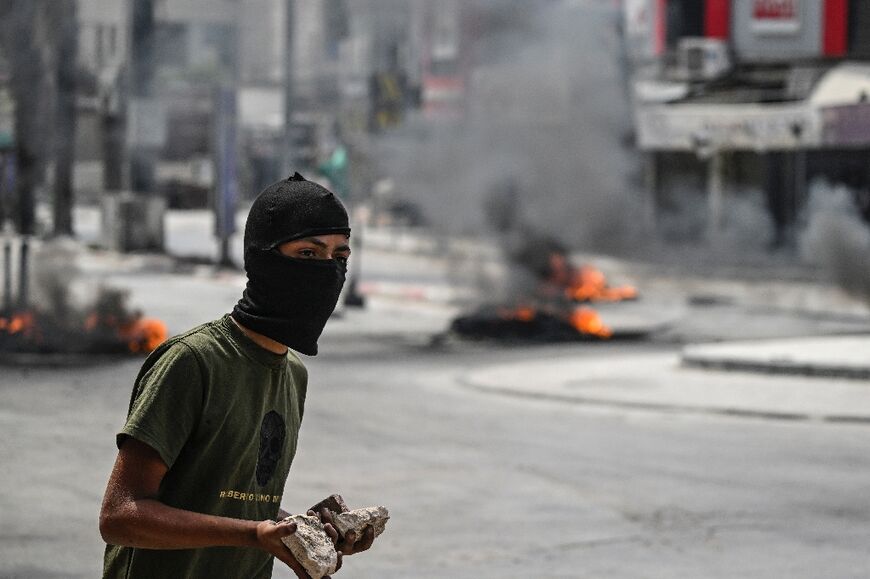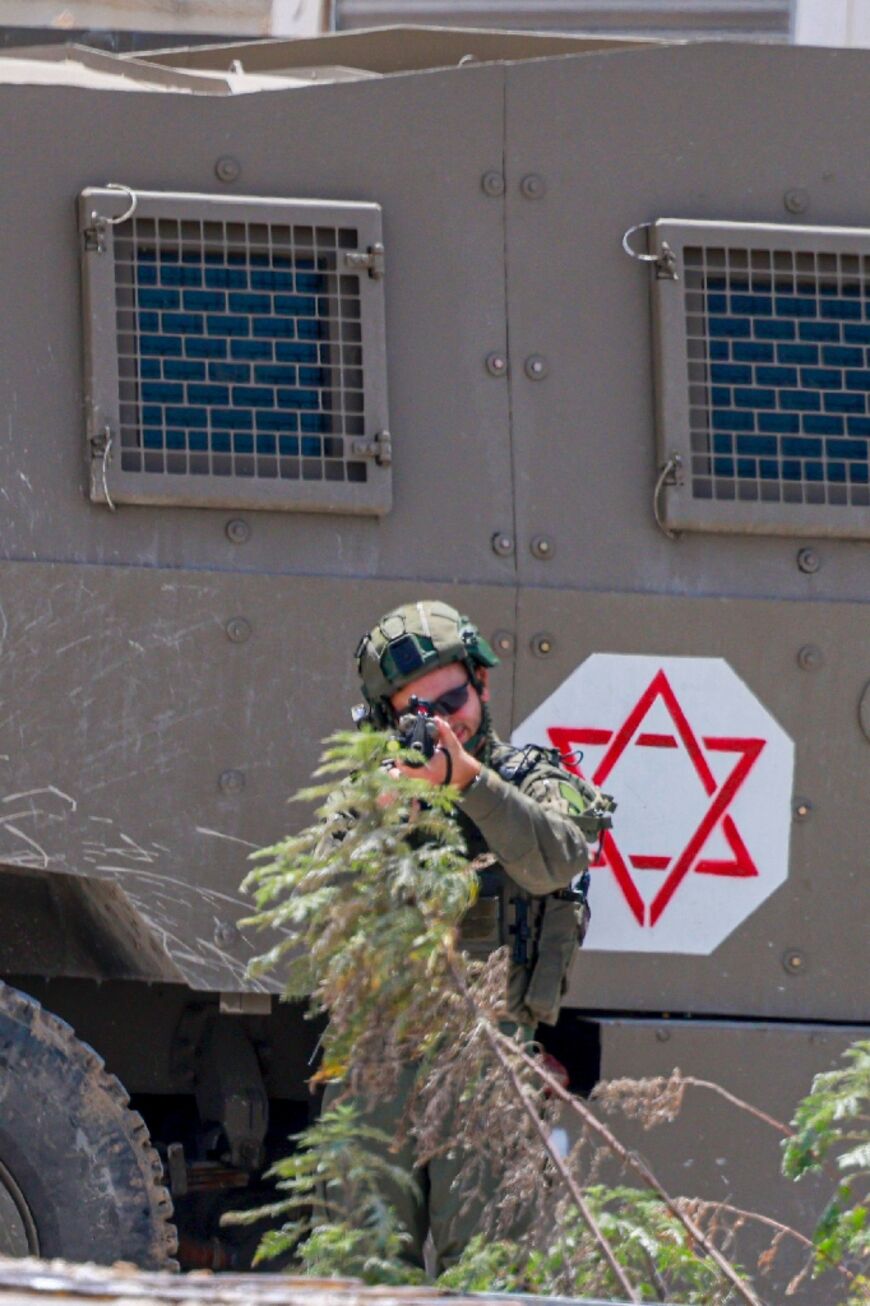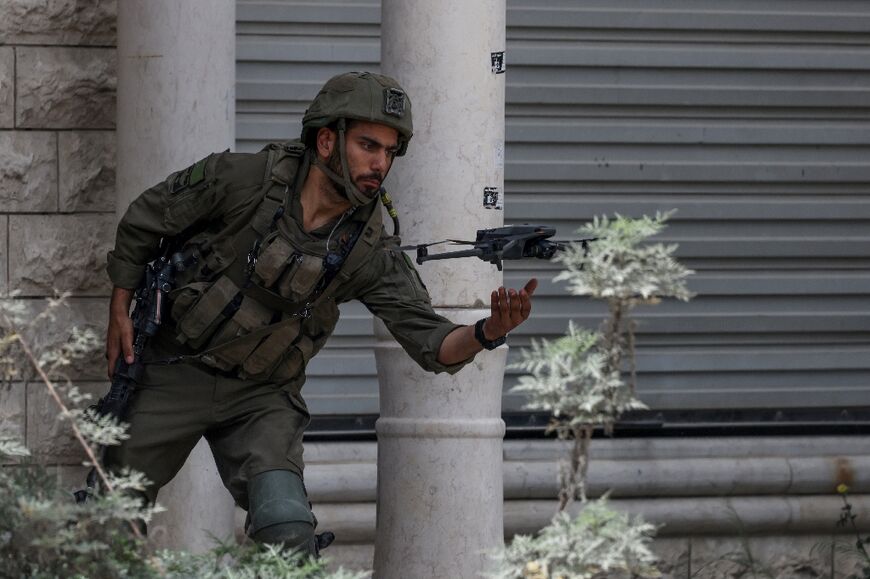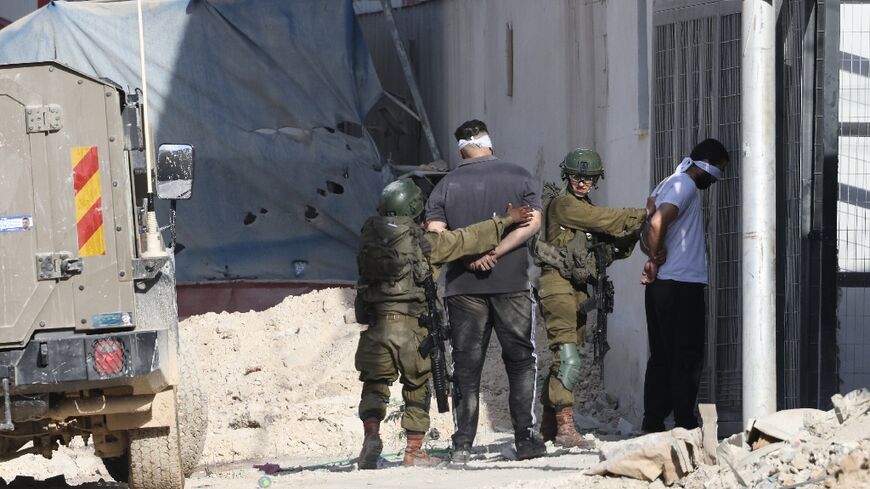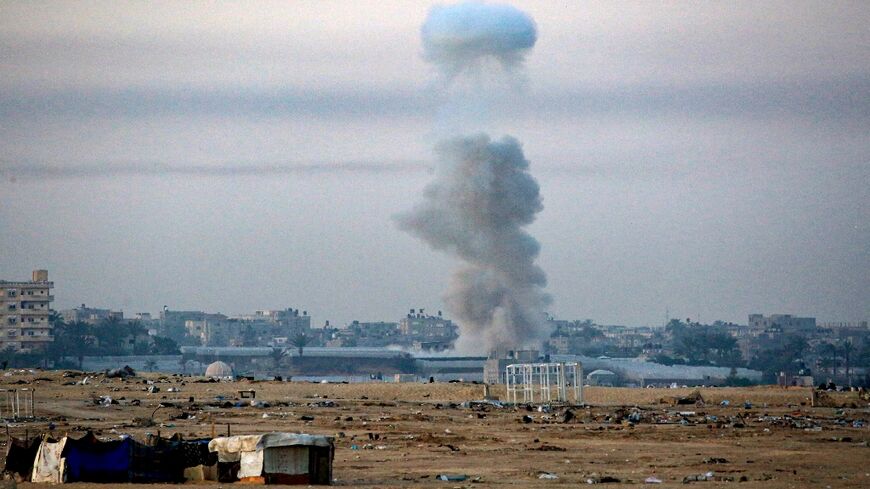Israel army 'stretched' as fighting rages on multiple fronts
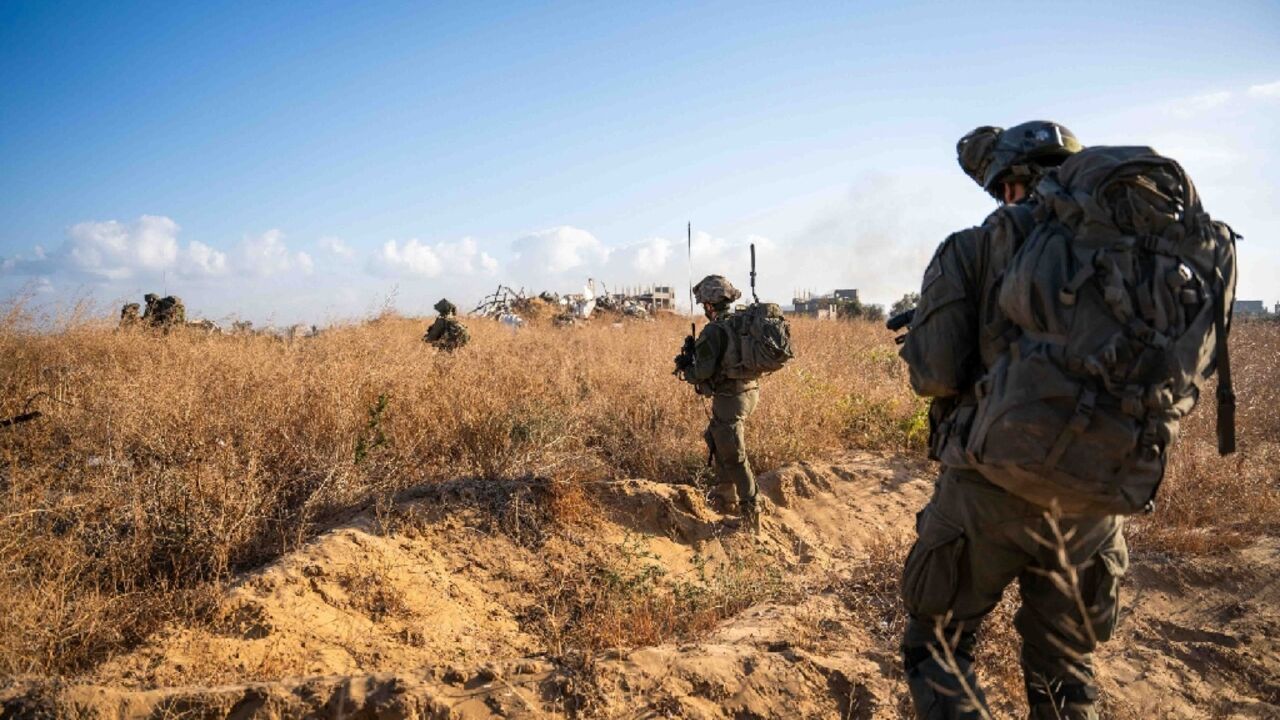
On the same scorching day last month, Israeli troops fought street battles with Hamas militants in Gaza, its fighter jets struck Hezbollah targets in Lebanon and soldiers exchanged fire with Palestinian militants in the occupied West Bank.
As the war in the Gaza Strip nears its ninth month, Israel's military is getting pulled deeper into conflicts on multiple fronts and risks becoming overstretched, analysts told AFP.
"The Israeli military is stretched to the point right now where it's operating in Gaza and in the north and in the West Bank -- and that is having a strain on its capabilities," Rami Dajani, an expert on Israel and the Palestinian territories at the International Crisis Group (ICG), told AFP.
Israel's army is one of the world's best-funded militaries but it relies on reservists for much of its fighting force.
According to the Gaza War Unit Tracker, an account on social media platform X, nearly all of Israel's 15,000 active duty combat soldiers are currently engaged in fighting.
About 10,000 of them were deployed in and around Gaza, 2,500 stationed in northern border areas and 2,500 in the West Bank, the owner of the account told AFP on condition of anonymity.
Israel also has as many as 26,000 reservists currently mobilised in active combat roles, with most of them deployed in the West Bank, the account's owner said.
The Israeli army declined to comment on the specific numbers of its forces.
- 'Failed strategy' -
In Gaza, the Israeli army has avoided occupying large swathes of territory in favour of controlling strategic areas, such as the Philadelphi corridor along the border with Egypt which it seized last week.
But analysts say the resurgence of fighting in parts of northern Gaza where the military said months ago Hamas had been neutralised shows the strategy has failed.
"Since January or February, Israel has pursued a strategy of surgical, limited operations, instead of staying in the territory," said Michael Milshtein, head of the Palestinian Studies Forum at Tel Aviv University.
"This whole strategy has failed."
The Gaza war was sparked by Hamas's unprecedented October 7 attack on southern Israel, which resulted in the deaths of 1,190 people, mostly civilians, according to an AFP tally based on Israeli official figures.
Militants also took some 250 hostages, 120 of whom remain in Gaza, including 37 the army says are dead.
At least 36,479 Palestinians, mostly civilians, have been killed in the Gaza Strip in Israeli bombardments and ground offensive since October 7, according to the territory's health ministry.
- Hezbollah question -
Simmering tensions with Iran-backed Hezbollah along Israel's northern border with Lebanon also have analysts wondering if another full-scale war could be imminent.
"Most of the attention and the efforts are right now concentrated in the south -- but there is a big question mark about the north," said Milshtein.
Israeli army chief Herzi Halevi told troops stationed on the northern border last month that the military was preparing for an "offensive" there.
Shlomo Brom, a senior researcher at the Institute for National Security Studies (INSS) in Tel Aviv, said: "It's a possibility that ground troops will enter Lebanon and try to create a kind of security zone that at least will push away the Hezbollah fighters."
Israel's army has carried out nearly 4,900 attacks in southern Lebanon since October 7, according to the Armed Conflict Location & Event Data Project.
ACLED said Hezbollah has launched about 1,100 attacks on Israeli positions inside Israel as well as territories it has occupied in Lebanon over the same period.
- 'Brewing crisis' -
With its forces distracted on other fronts, analysts say the military faces a brewing crisis in the West Bank, which Israel has occupied since 1967.
"Gaza, of course, is the big priority right now. But we risk losing sight of a potentially brewing crisis in the West Bank," said Dajani of ICG.
The army provides protection to about 490,000 Israelis who live across the West Bank in settlements that are considered illegal under international law.
ACLED has reported 1,120 violent incidents involving Israeli forces and 39 Palestinian armed groups in the West Bank since October 7.
Analysts say Palestinians are increasingly frustrated at the lack of protection they receive against Israeli settlers posing a risk of violence.
According to Palestinian officials, at least 521 Palestinians have been killed in the West Bank by Israeli troops or settlers since the start of the Gaza war.
Attacks by Palestinians have killed at least 14 Israelis in the West Bank over the same period, according to an AFP tally of Israeli official figures.
If Israel's army needs to deploy more troops it will likely have to call up additional reservists -- Israelis who have already completed mandatory military service and remain in the reserves until age 40.
With public anger mounting at Prime Minister Benjamin Netanyahu's failure to bring Israeli hostages home or declare a plan for post-war Gaza, convincing reservists to serve multiple times could become a difficult prospect.
"Right now many people -- I think maybe even the majority -- they feel that there is no strategy," said Milshtein of Tel Aviv University.


